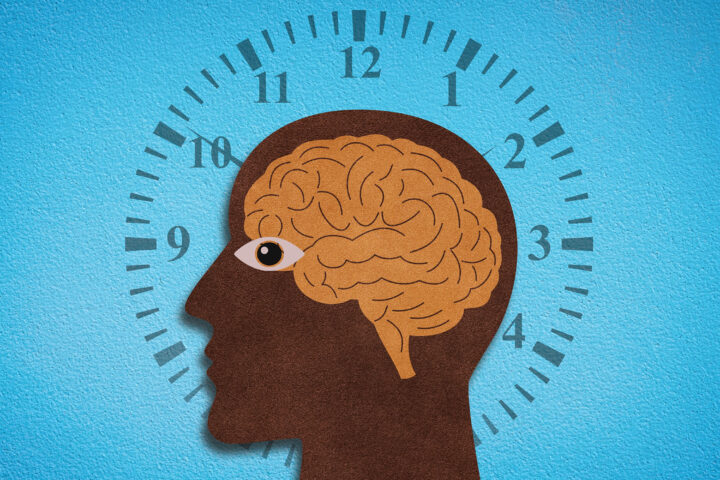The Quest for Longevity
The pursuit of extending human healthspan and lifespan has driven scientists to explore numerous compounds, with rapamycin standing out as a beacon of hope. Discovered in the soil of Easter Island, rapamycin is an FDA-approved drug known for its immunosuppressive properties used in organ transplants. However, its potential to slow aging and enhance healthspan has captured significant interest in the scientific community.
The Science Behind Rapamycin
Rapamycin operates by inhibiting the mechanistic target of rapamycin (mTOR), a protein integral to cell growth, proliferation, and survival. By modulating mTOR activity, rapamycin promotes autophagy, a cellular recycling process that reduces the accumulation of cellular waste, thereby mitigating age-related diseases and promoting longevity.
Breakthroughs in Rapamycin Research
Numerous studies have underscored rapamycin’s capacity to extend lifespan and improve healthspan across various model organisms. In mice, rapamycin not only extends lifespan but also decreases the prevalence of age-related diseases such as Alzheimer’s and cardiac disease, while enhancing immune function.
Additionally, combining rapamycin with other compounds has yielded remarkable results. A notable study combined rapamycin with trametinib, an inhibitor of the Ras-MEK-ERK pathway, demonstrating additive effects on lifespan extension and health improvements in mice. This combination treatment extended lifespan, reduced tumor growth, decreased inflammation, and enhanced metabolic health.
Rapamycin Human Trials Are Starting
While the benefits of rapamycin in animal models are well-documented, translating these findings to human applications presents unique challenges. Clinical trials are crucial to determine safe and effective dosages for humans. Researchers are currently investigating proxy markers of aging, such as epigenetic changes and inflammation biomarkers, to evaluate rapamycin’s potential in extending human healthspan.
Excitingly, a pilot study is examining whether weekly doses of rapamycin can slow ovarian aging and delay menopause, thereby preserving fertility in women. Another study is assessing rapamycin’s efficacy in treating gum disease, a condition linked to broader age-related health issues like heart disease and dementia.
Enhancing Immune Function and Reducing Inflammation
Recent research has also highlighted rapamycin’s ability to improve immune function in older age through its action on endolysosomes, which break down cellular material and regulate inflammatory processes. In animal studies, suppressing the activity of a protein called S6K, which is influenced by rapamycin, led to increased lifespan and better immune function. This indicates that rapamycin may help manage age-related inflammation and improve overall health.
Early Interventions with Short Courses
Interestingly, studies have shown that even brief exposure to rapamycin can yield significant anti-aging benefits, comparable to lifelong treatment. This finding suggests that short-term courses of rapamycin could be a viable strategy for promoting longevity without the need for continuous dosing, thereby reducing potential side effects and improving adherence to the treatment.
A Promising Future for Anti-Aging Therapies
The synergistic potential of rapamycin combined with other geroprotective drugs opens new avenues in the fight against aging. Although further research is necessary to fully comprehend and optimize these treatments, current evidence suggests that rapamycin could significantly enhance human healthspan. As research advances, we anticipate the development of effective anti-aging therapies that improve quality of life in the later years.
Sources
- Combination: trametinib and rapamycin more effective than either drug alone – Bio RXIV
- Rapamycin Anti-Aging Potential – Med Xpress
- Rapamycin Immune Effects – Med Xpress
- Rapamycin and Aging – SciTechDaily
- Rapamycin May Slow Aging – opb












